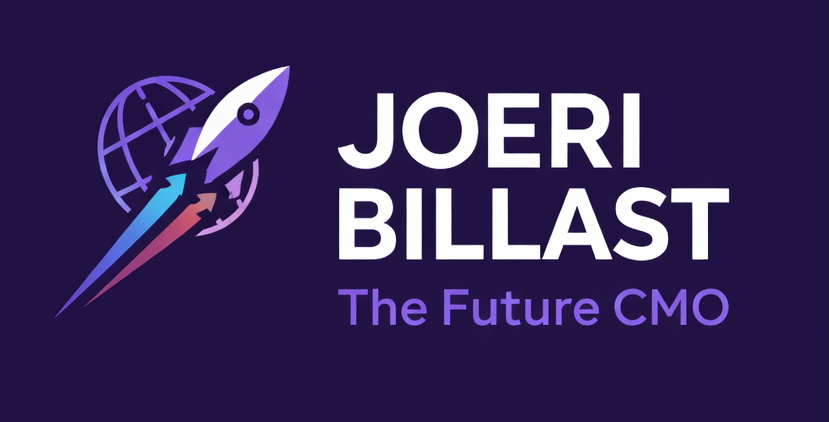What happens when zero-knowledge proofs meet artificial intelligence? Ismael Hishon-Rezaizadeh, co-founder and CEO of Lagrange, takes us deep into the fascinating world where cryptography enables trustworthy AI at internet scale.
Zero-knowledge proofs are revolutionizing trust in AI and blockchain by providing verifiable computation without compromising privacy or security. Ismael explains how their technology is making AI trustworthy at internet scale with practical applications for combating deepfakes and securing sensitive data.
• ZK proof generation costs have decreased by 1000x in just three years, making previously theoretical applications practical
• Lagrange's DeepProof is the first zero-knowledge machine learning library, 700 times faster than competitors
• Users typically don't prioritize privacy and security until they experience a breach, creating adoption challenges
• ZK technology enables verifying AI outputs without revealing underlying data, essential for trust in autonomous systems
• The convergence of AI and blockchain creates more than additive effects – not 1+1=2, but 1+1=5 in terms of innovation potential
• Common misconception: ZK technology is not limited to Ethereum but applicable to any chain, execution environment, or application
• Two enduring use cases in crypto: simple cross-border value transfer and complex AI systems deployed on decentralized infrastructure
The technological landscape is evolving at breakneck speed, with proof generation costs plummeting by 1000x in just three years. This dramatic efficiency improvement has transformed theoretical concepts into practical applications, positioning Lagrange's DeepProof as the first viable zero-knowledge machine learning library – an astonishing 700 times faster than competing solutions.
Ismael articulates a critical paradox in digital security: "Users tend not to want to pay for privacy and security until they get burned by it." This reluctance creates significant adoption challenges for even the most revolutionary technologies. Despite this hurdle, the applications are compelling – from combating deepfakes to enabling secure financial transactions and protecting sensitive data during model training.
For Web3 entrepreneurs, Ismael distills wisdom from his journey through corporate, venture capital, and startup environments. His most striking advice? "Being first is overrated. Being best is what matters." He encourages newcomers to avoid building homogeneous products and instead focus on identifying untapped user bases with fresh perspectives.
Looking toward the future, Ismael sees crypto at an inflection point with a "barbell strategy" emerging – tremendous value at both extremes of the complexity spectrum. On one end, simple cross-border value transfer continues proving its worth; on the other, deploying truly unstoppable AI models on decentralized infrastructure represents perhaps the most profound application of blockchain technology yet conceived.
Subscribe now to explore how the convergence of AI and blockchain isn't just additive but exponential – creating not just a 1+1=2 effect, but a transformative 1+1=5 paradigm shift that's reshaping our digital future.

Ismael Hishon-Rezaizadeh, Founder, CEO, Lagrange Labs
KEY HIGHLIGHTS
[01:25] What was the pivotal moment that led you from AI and blockchain at John Hancock to founding Lagrange?
[03:38] Can you explain Lagrange in simple terms for my Web3 audience?
[05:29] How would you explain Lagrange to a neighbor who asks, "Ismael, what do you do?"
[05:53] Your infinite proving layer enables anyone to prove anything at internet scale. Can you share some real-world use cases, even beyond crypto?
[07:49] How do you see Lagrange bridging Web2 and Web3 to drive mass adoption?
[09:52] How does ZK key-based verification redefine trust in a world reliant on centralized verification, especially in digital identity, finance, and government applications?
[12:28] From your experience, what are the biggest marketing and adoption challenges when introducing complex blockchain solutions like yours?
[14:51] How do you balance technical innovation with building partnerships and securing funding in the blockchain space?
[16:34] With the fast pace of blockchain, what opportunities do you see in ZK technology over the next 2–3 years? Any pitfalls people might be overlooking?
[19:43] What are some common misconceptions about Web3, crypto, or ZKPs that you think need to be addressed?
[21:46] Having been in corporate, VC, and now the startup world, what’s one key lesson from each stage that every Web3 entrepreneur should know?
[24:27] For founders and marketers looking to stay ahead in Web3, what’s one action they should take today to prepare for a more decentralized future?
[26:19] Ismael, is there anything important we haven’t covered that you’d like to share?
[28:10] Where can people go to learn more about you and your work in the space?
NOTABLE QUOTES
“The benefit you have if you are not an incumbent builder with a business is that you can take a beginner's mind approach to identifying where you can generate value by creating a company in crypto.”
“The problem with crypto today is that so many of the companies are homogenous, right? Everyone is trying to build something that's ostensibly like just a marginal increase, a marginal performance benefit on what someone else is doing.”
" If you're entering a space today, ask yourself where do I get users from? Where does the next batch of users or next successful app come from? What does it look like?”
“If you can leverage that advantage to generate something that has real users and distribution, you'll have all the power.”
MENTIONED RESOURCES
Lagrange: https://www.lagrange.dev/
CONNECT
LinkedIn: https://www.linkedin.com/in/i20h/






